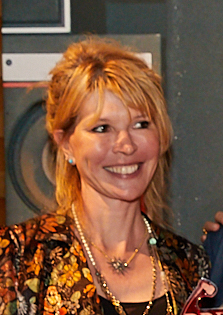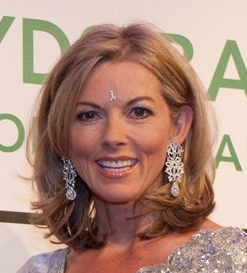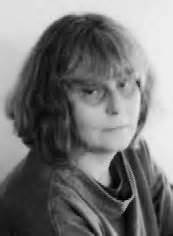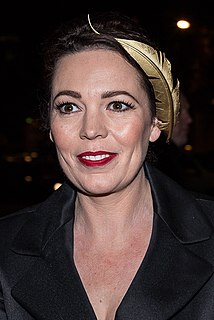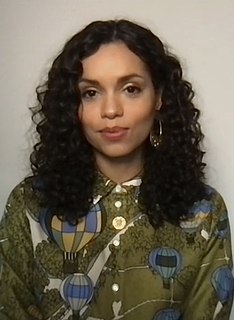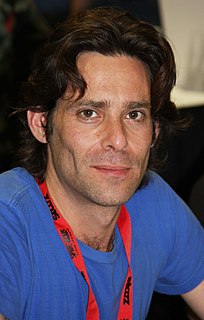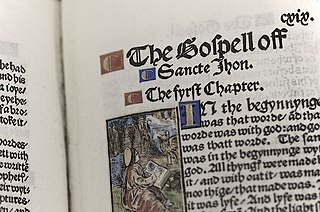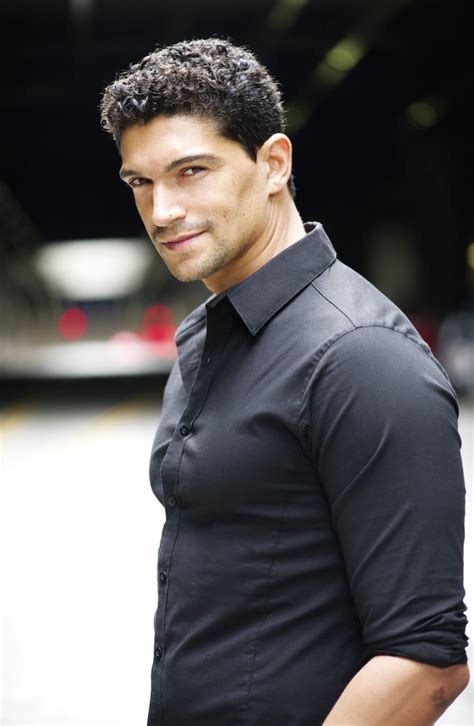A Quote by Julia Davis
I love all Daphne du Maurier's stuff. And just enjoying period dramas, really... wanting to do something drastically different from 'Nighty Night', the chance to write very different language.
Related Quotes
I just feel like TV takes more risks than film. Film has gotten very safe: it's very compartmentalized about what type of things will be successful. And whereas in TV, since all these new platforms opened, they're saying to writers, go out there, write the most different show that you can write. Write something that's really original and different.
I love musicals but it's very, very different. It's really just a different form than serious drama, and has very different rules and a completely different set of characters and requirements and ambitions. It maybe shouldn't be as separate as it is, but it's got a different history. In terms of serious drama, I think you'd have to say that you could break it down essentially into the narrative realist tradition and experimental theater.
I love to learn, and I started doing a lot of studying of Spanish-style music and really started getting into it and how it is just a completely different form of guitar playing. It is just like if you started speaking in a different language like Japanese or something. It is something that you have to study and work at a lot.
I love science fiction, and one of the things I love about it is that it's so very different. You can read stuff that's just fast-paced adventure, and the characters are cardboard, but who cares, because they're heroes, and we love it. And you can read stuff that's really deep character, and everything in between.
